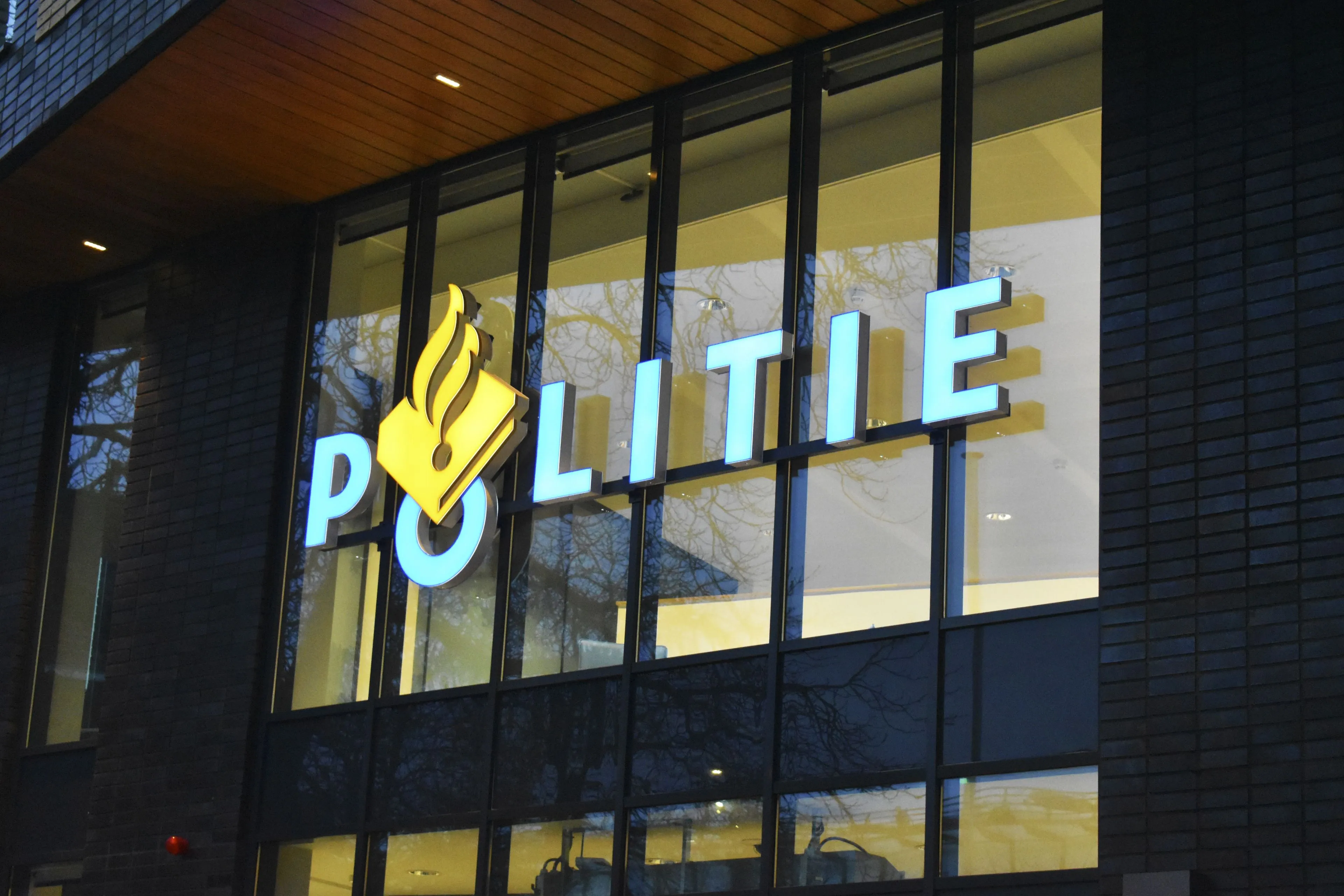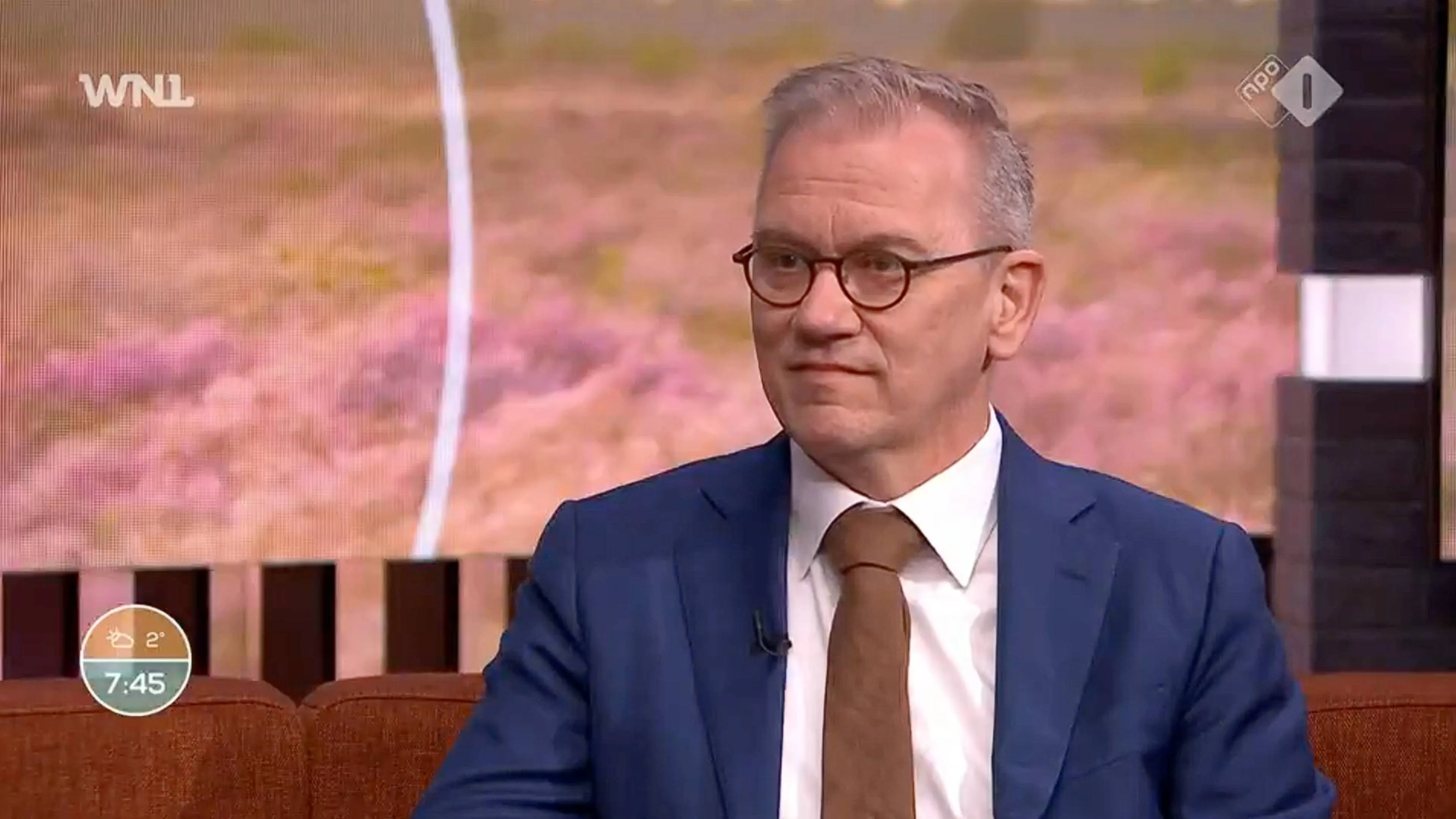De vrije markt kan het donortekort in deze kabinetsperiode nog oplossen

Mogelijk is het u ontgaan, maar het is vandaag al drie dagen Nationale Donorweek. Een ideetje van de Stichting 2 Miljoen Handtekeningen, die handtekeningen - vermoedelijk twee miljoen - wil verzamelen van voorstanders van de Actieve Donor Registratie. Dit is een systeem dat men in bv. België al kent en inhoudt dat de overheid na je dood eigenaar is van je organen tenzij je voor je dood schriftelijk bezwaar maakt - de omgekeerde situatie van nu, waar je geen donor bent, tenzij je aan de overheid doorgeeft dat je wel donor wilt zijn. In de Tweede Kamer zijn de socialisten (PvdA, SP, GL) en de principeloze liberalen (D66) voorstander van dit nieuwe systeem. De overige partijen zijn tegen vanwege het principe van zelfbeschikking of omdat men geen vertrouwen heeft in de effectiviteit van de ADR.
Dat er iets moet veranderen staat vast - er overlijden in Europa 12 mensen per dag door het donortekort - , maar de meest effectieve oplossing is door alle Nederlandse poltici, van de socialisten tot de liberalen en van de zelfverklaard vrijzinnigen tot de christenen, taboe verklaard. Dit terwijl je zou verwachten dat de lege winkelschappen in voormalig communistisch Rusland en haar Oost-Europese en Aziatische koloniën onze politici al lang geleden hebben getoond dat het overheidsingrijpen is dat tekorten creëert. Wanneer er een vrije markt wordt toegestaan waarin mensen op basis van vrijwilligheid (het recht op) hun organen kunnen verhandelen zal het donortekort binnen no-time als sneeuw voor de zon verdwijnen. Dit blijkt ook uit de Iraanse ervaring met het legaliseren van donorverkoop; daar is de wachtlijst voor nieren volledig verdwenen nadat het toegestaan werd om nieren in ruil voor geld af te staan:
Only one country, Iran, has eliminated the shortage of transplant organsand only Iran has a working and legal payment system for organ donation. In this system, organs are not bought and sold at the bazaar. Patients who cannot be assigned a kidney from a deceased donor and who cannot find a related living donor may apply to the nonprofit, volunteer-run Dialysis and Transplant Patients Association (Datpa). Datpa identifies potential donors from a pool of applicants. Those donors are medically evaluated by transplant physicians, who have no connection to Datpa, in just the same way as are uncompensated donors. The government pays donors $1,200 and provides one year of limited health-insurance coverage. In addition, working through Datpa, kidney recipients pay donors between $2,300 and $4,500. Charitable organizations provide remuneration to donors for recipients who cannot afford to pay, thus demonstrating that Iran has something to teach the world about charity as well as about markets.
Wie meent dat buiten Iran geen organen worden verhandeld vergist zich overigens:
Already, the black market may account for 5% to 10% of transplants world-wide. If organ sales are voluntary, it's hard to fault either the buyer or the seller. But as long as the market remains underground the donors may not receive adequate postoperative care, and that puts a black mark on all proposals to legalize financial compensation.
Alex Tabarrok, econoom, concludeert:
The Iranian system and the black market demonstrate one important fact: The organ shortage can be solved by paying living donors. The Iranian system began in 1988 and eliminated the shortage of kidneys by 1999. Writing in the Journal of Economic Perspectives in 2007, Nobel Laureate economist Gary Becker and Julio Elias estimated that a payment of $15,000 for living donors would alleviate the shortage of kidneys in the U.S. Payment could be made by the federal government to avoid any hint of inequality in kidney allocation. Moreover, this proposal would save the government money since even with a significant payment, transplant is cheaper than the dialysis that is now paid for by Medicare's End Stage Renal Disease program.
De socialisten en de zogenaamde liberalen die dit systeem, dat binnen deze kabinetsperiode het donortekort nog kan beëindigen, tegenhouden, hebben dus wat uit leggen. Of, in de woorden van John Stossel: "If you think it's immoral to sell an organ, don't do it. But sick people shouldn't have to die because some people despise markets."


